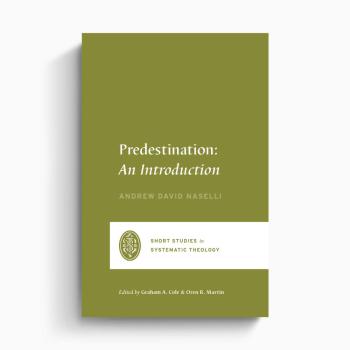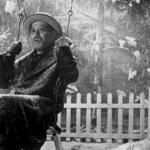Review of The Age of Innocence by Edith Wharton
By PAUL D. MILLER
Why does Newland Archer walk away? That is the parting question of this powerful story. This novel is a fascinating and minute observation of broken relationships, the power of convention, and the tempting pull of vain dreams. It is almost mournful and yearning in posing, but not answering, troubling questions.
The book traces the story of Newland Archer, who pursues but never consummates an affair with Ellen Olenska; in the end, he marries May, his legitimate fiancé, and her family manipulates Ellen out of their life. Archer is a sad character. He thinks of himself as a man who flouts convention; yet he ultimately succumbs to it. He thinks Ellen Olenska is the love of his life, yet he finds a peaceful and fulfilling life with his wife instead. He thinks he is being subtle and secretive, yet realizes belatedly that everyone else knew more than he all along.
Are we supposed to pity him for not being allowed to be with Ellen Olenska? Is the family supposed to be the villain for having trapped him into his marriage to May? I think that is how many readers will react, and that is perhaps what Wharton intended; but I can’t read it that simply. Wharton presents marriage and society as the force of convention to which Archer must tragically bow: but of course romanticism is just as much a constraining and destruction convention with its own set of rules and limitations. The family was right to protect May. Ellen Olenska’s previous failed marriage does not justify Archer ruining his. The power of their brief romance is not a moral imperative which they must obey, but a challenge they must grow through.
Does Archer grow? The book ends with an epilogue, set decades after their brief affair. Archer has an opportunity to see Ellen again, after May has died and his children are grown. He chooses not to. What is he thinking as he sits on the park bench at the end, 26 years after Ellen left for the last time? Does he walk away out of despair because his dream of young love is lost and can never be regained? Or does he walk away from wisdom, recognizing that that dream was a trap and a folly, that he made the right choice to stay with May after all? Does he leave finally happy with his choices, or regretful? I wish I could walk with him, and ask.












